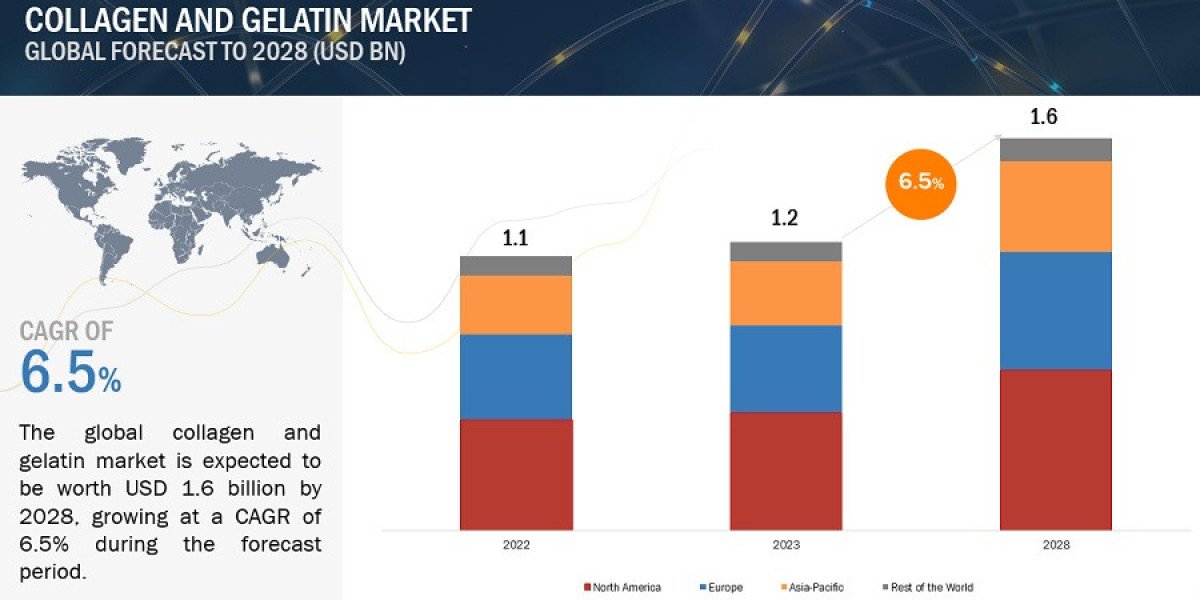In the ever-evolving landscape of healthcare, effective communication is paramount. Whether conveying complex medical information to the public, drafting research papers for publication, or crafting internal documents for medical professionals, the precision of language is crucial. This is where the trio of ghostwriting, editing, and proofreading steps in to play a pivotal role in ensuring clarity, accuracy, and professionalism in healthcare communication.
Ghostwriting in Healthcare:
Ghostwriting, though often associated with the literary world, has found a significant niche in healthcare. It involves a skilled writer collaborating with a medical professional or organization to create content that is coherent and accessible to a broader audience. This collaboration is particularly vital when translating intricate medical jargon into layman's terms, making health information comprehensible to patients, families, and the general public.
The ethical considerations surrounding ghostwriting editing and proofreading in healthcare revolve around transparency. It's essential to disclose when a piece of content has been crafted with the assistance of a ghostwriter, maintaining the integrity of the information provided. Ghostwriters contribute not only to patient education materials but also to speeches, articles, and even social media posts, ensuring a consistent and engaging voice for healthcare professionals.
Editing for Precision:
Once the content is generated, the editing process becomes the linchpin for refining and polishing the material. In healthcare, where precision is paramount, editors play a crucial role in fine-tuning language, structure, and adherence to style guides. Medical documents often involve technical terms, and a skilled editor ensures that these terms are used accurately and consistently throughout the document.
Editors also serve as the first line of defense against misinformation, ensuring that healthcare content aligns with the latest research and adheres to ethical standards. In academic settings, editing plays a pivotal role in ensuring that research papers, dissertations, and articles meet the stringent criteria set by peer-reviewed journals.
Proofreading for Perfection:
While editing focuses on the broader aspects of content refinement, proofreading zooms in on the nitty-gritty details. In healthcare communication, the stakes are high, as a small error can lead to significant misunderstandings or even potential harm. Proofreaders meticulously comb through documents, checking for grammatical errors, typographical mistakes, and formatting inconsistencies.
In the healthcare sector, where precision and accuracy are non-negotiable, proofreading ensures that medical professionals' messages are conveyed without ambiguity or misinterpretation. From patient information leaflets to medical reports, the attention to detail provided by proofreaders is indispensable in maintaining the credibility of healthcare communication.
Challenges in Healthcare Editing and Proofreading:
The unique challenges of editing and proofreading in healthcare stem from the specialized nature of medical content. Editors and proofreaders must possess a solid understanding of medical terminology, complex scientific concepts, and the ever-evolving landscape of healthcare research. Keeping abreast of the latest developments in medical science is crucial to ensuring that healthcare content remains current and accurate.
Moreover, healthcare professionals often have tight deadlines, and the pressure to disseminate information rapidly can lead to oversights. This is where the expertise of professional editors and proofreaders becomes invaluable, offering a fresh perspective and catching errors that may have been overlooked in the rush to publish.
Conclusion:
In the intricate web of healthcare communication, ghostwriting, editing, and proofreading emerge as unsung heroes, working behind the scenes to refine and perfect the messages that shape public understanding and influence medical practices. The ethical deployment of ghostwriting ensures that the voice of healthcare professionals remains authentic, while the meticulous editing and proofreading processes guarantee precision, accuracy, and clarity.
As the healthcare industry continues to evolve, the demand for skilled professionals in ghostwriting, editing, and proofreading will only intensify. These roles not only support the effective dissemination of medical knowledge but also contribute to building trust between healthcare providers and the communities they serve. In the relentless pursuit of better health outcomes, the written word, carefully crafted and refined, stands as a powerful tool in the hands of those dedicated to advancing healthcare communication.








